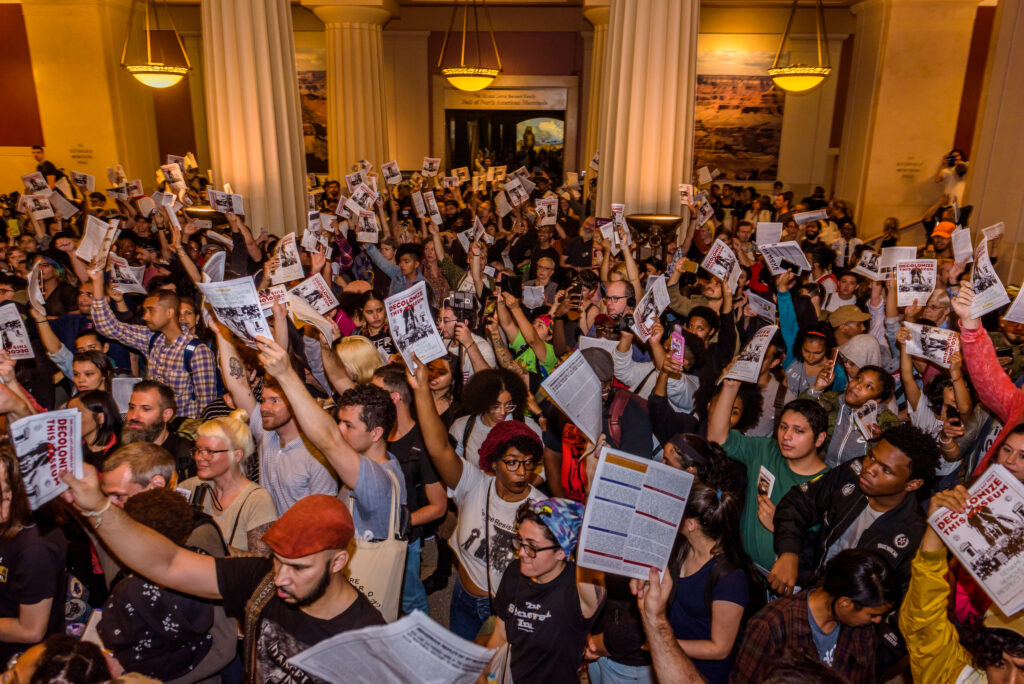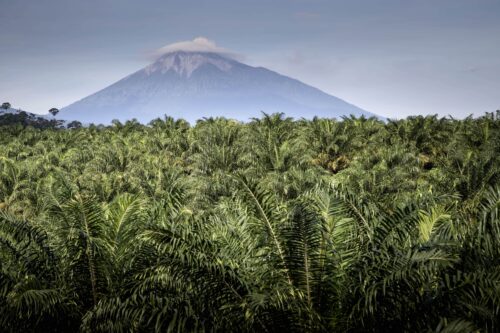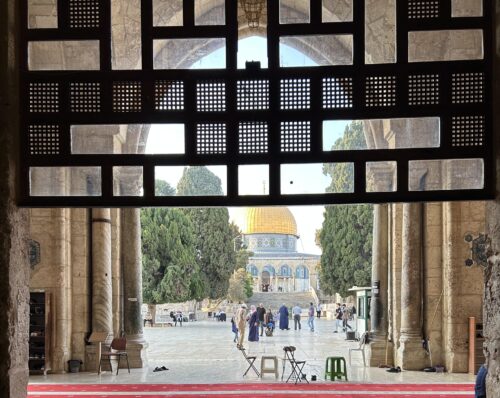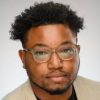Embracing the Poetry of Being Human

This contribution is part of the special forum Can Anthropology Be Decolonized? Read the introduction to the series here.
We cannot decolonize the discipline of Anthropology with a capital “A.”
It is, in the words of anthropologists Frédérique Apffel-Marglin and Margaret Bruchac, a “handmaiden of empire and colonialism.” Though lauded for making the familiar strange and the strange familiar, the discipline began with the transformation of biological facts into cultural fictions by making a hierarchy out of human difference. Skin, hair, nails, and more were all used to reduce physical features to racial damnation under the guise of scientific evidence.
Early American ethnologists in the mid-19th century used such race science to defend the institution of slavery, drawing criticism from one of the European forefathers of this science. American Anthropology eventually became synonymous with progress and equality under Franz Boas’ four-field approach, which combined archaeology, linguistics, physical anthropology, and cultural anthropology into one field in the early 20th century. But even Boas’ most progressive approaches were bested by the ruse of race science.
As anthropologist Lee Baker has noted, Boas’ understanding of race was contradictory. His breakthrough study of immigrant bodies refuted the reality of race as a marker of human difference. But in other writings, Boas revealed that he saw the assimilation of human difference into the white U.S. majority as the way forward for social progress. Through this vision of assimilation, Boas painted a portrait of a Black future with only shades of white in hand.
As an anthropologist whose work incorporates biological science, at times it can be difficult to fully reckon with these legacies. These were imperial sciences, ways of knowing that acted as tools of domination. The anthropological collections held at many natural history museums were part of an Enlightenment-era project of state-sanctioned human capture.
Doctors and curators alike took human bodies out of their social, cultural, and political contexts—sometimes by force or by theft—then used particular measurements and values as “proof” of white racial superiority. Anthropologists produced power and maintained control over knowledge through the classification, categorization, and collection of these captive human bodies. These same carceral schemes continue to define detention, imprisonment, and other punitive structures that plague the U.S. landscape.
What can be saved from the squall of Anthropology when wave after wave of its imperial aftermath continues to crash, remains and residues in tow?
My investments lie in alternate genres of human science and study. I look to the possibilities and potentials of anthropology as a practice—a way of research as life-work for myself and others that both precedes and exceeds, in the words of anthropologist Aimee Meredith-Cox, “Anthropology with a capital A as we now understand it as an academic discipline.”
I strive to embed this intention into the very fabric of my work, from the recovery of unmarked burials beneath multimillion dollar homes in the nation’s capital to demands for change in the treatment of human remains. Whether in the ground, in the lab, in the archive, or not yet known, I tend to ancestral bodies as a caring and careful form of repair. Though trained within an academic discipline, my practice is an Aanthropology guided by the descendant communities on whose behalf I work.
These are practices that disrupt the colonial origins of the field through the legacies of what African American studies scholar Britt Russert calls fugitive sciences: practices that revise and revamp theories and methods to incite a science resounding of liberation and possibility.
These are practices, undisciplined in form and function, that give us a feel for something like a decolonial science—one that foregoes empirical concepts of human being and embraces the poetry of being human.































